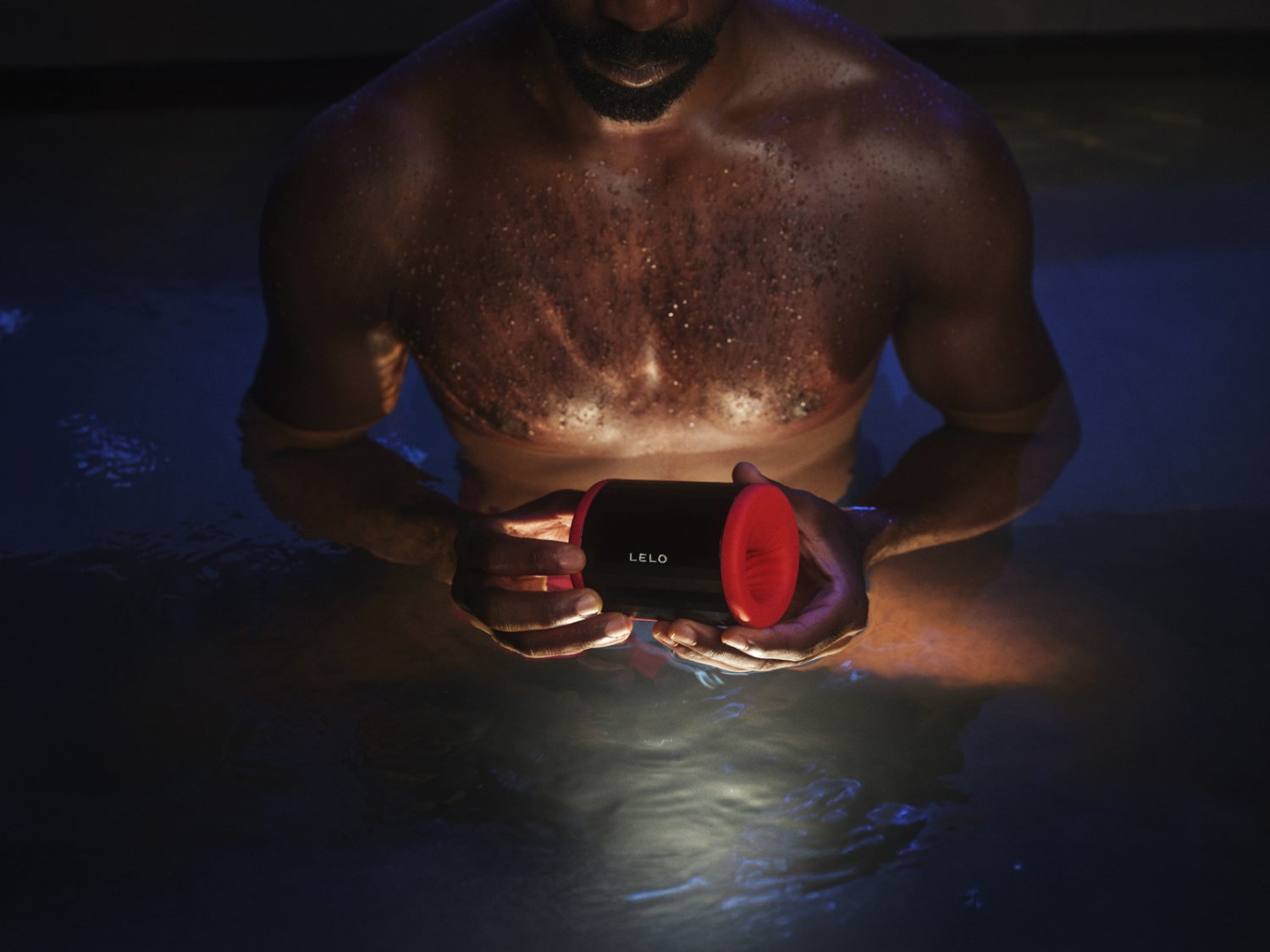Tell me if you’ve heard this one before: a healthy relationship requires healthy communication.
That piece of wisdom is great (and, certainly true) – it’s something I emphasize on my show, to almost everyone who calls or writes in. But let’s be super real here: how many times have you been silent about unsatisfying sex, rather than speak up about it?
It’s the same with brand new partners, too. The first time we have sex with someone, a lot of us cross our fingers and hope it all works out (sex was awesome, no sexually transmitted infections (STI’s), no unplanned pregnancy), rather than have a preliminary conversation to make sure everyone is on the same page.
But here’s the deal: I think we can do all of this a different way. My mission in life is to normalize sex conversations so much, that it’s like discussing what’s for dinner: are you in the mood for tacos, or burgers? Shall we do oral, or anal? Once we get to that place of comfort around sex, a lot of the anxiety falls away…and we can relax into our most erotic, most confident selves in the moment.
So here are my top three tips for talking about sex, whether you’re in an established relationship, or trying things out with someone new. Give these a shot – and see if your sex life doesn’t immediately improve.
Communicate to Get What You Actually Want
…and by “you,” I mean both of you. Whether we realize it or not, we all have internalized sex scripts that tend to dictate our sexual encounters. A set of general steps, if you will, that we unconsciously follow during sex. And this is especially true for hetero couples – even more so in long-term relationships. With credit to my colleague and friend, sex educator Ian Kerner, these scripts can be hard to change if we’ve been doing them for a long time: we fall into patterns, our brains shut off, things become automatic.
No novelty. No surprises.
That’s why I encourage couples to explore the Yes, No, Maybe Guide, a go-to resource for people who want to play together. It’s a way to consider new, sexy activities in a fun, non-threatening way, so you can start adding in behaviors that excite you. Simply print out a couple of copies, and enjoy checking off boxes together when the time is right.
Communicate to be Prepared
When you’re seeing someone new, sex talks are a little different: and here, I do mean discussing STI’s and contraception. I get it – you don’t want to scare them off but hear me out: if you’re about to hook up with a totally new partner, or even one you’ve been seeing a bit, talking about each other’s sexual health status isn’t just the right thing to do, it’s sexy as hell.
When we take the vulnerable, but mature step of talking to a new partner about these things before said hook-up, it shows that person you’re thoughtful. It doesn’t have to be drawn out either. Something as simple as: “what birth control should we use? ” will do the trick. It doesn’t need to be a long conversation unless you want it to be. And if you have a contraception misfire (the condom breaks, or you miss a pill, for example), it’s never a bad idea to have a back-up plan and tell each other about it. I always recommend folks consider taking Plan B One-Step® emergency contraception after an instance of unprotected sex or if their regular birth control method falls through. Especially since it’s super easy to pick up at the drugstore or any major retailer (Walgreens, CVS Health, Rite Aid, Target, Walmart…), doesn’t require a prescription, and you don’t need to show ID or be a certain age to purchase in any U.S. state. Plan B must be taken within 72 hours after unprotected sex or a missed birth control pill, but the sooner you take it, the better it works. It works to help prevent pregnancy after unprotected sex by temporarily delaying ovulation, the release of an egg from the ovary, so there’s no egg to meet the sperm. No egg, no fertilization, no pregnancy. Just keep in mind that Plan B is a backup method, is not meant to be used as a regular form of birth control, and is not an abortion pill, as Plan B does not interfere with implantation and does not hurt an existing pregnancy. Always use as directed.
Communicate the Right Way, at the Right Time
Truth be told, most of us go into fight or flight when talking about sex – even if it’s playful and game-ified (as with the Yes, No, Maybe Guide.) That’s because openly discussing our pleasure is still not totally mainstream and will probably require some care when broaching the topic with a partner.
One way to do it is to remember the Three T’s of optimal communication: Timing, Tone & Turf. This is the fastest way to get your needs met, both in and out of the bedroom, because listen…tough conversations are necessary, especially in an intimate relationship. When we don’t speak up, the outcome is often resentment – and that’s not fair to anyone. If we’re going to be responsible for our own pleasure, we have to take the courageous step of open communication. Fortunately, I’ve got another guide to help you with that, The Three T’s, so you can set yourself up for success during your next sex talk with a partner, whether it’s someone new or someone you’ve been with for a while.
So, there you have it: communication protocols for trying new things, for sex preparation, and for having tough conversations. Trust me when I say that sex talks are exactly like exercise: the more you do it, the easier it gets. In time, these convos will lose their scary charge, and start to feel like the most natural thing in the world – like deciding between tacos or burgers.
Plan B One-Step® Partner
Sponsored article










